Future G70/G71 7 Series coming in 2022: What we know so far
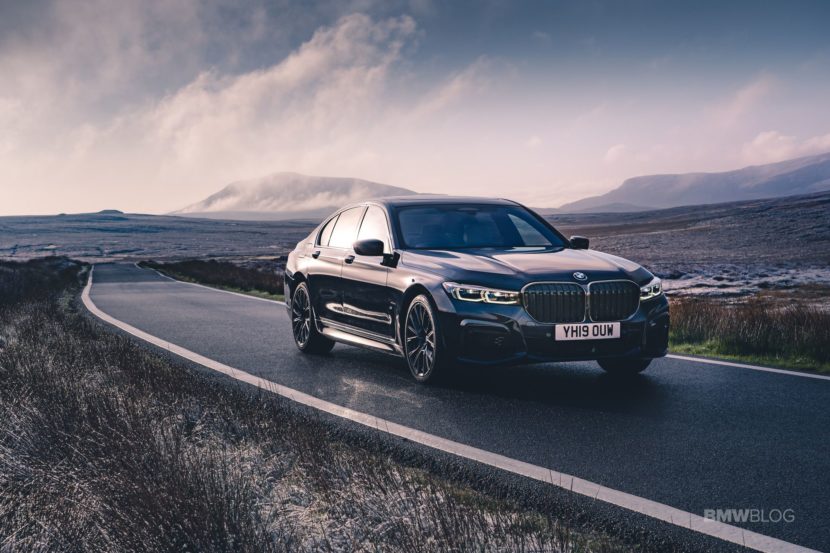

Here’s round up of the essential details that emerged concerning the forthcoming G70/G71 generation of the BMW 7 Series, expected to be unveiled in 2022. We are yet to see camouflaged test prototypes for the future 7 Series, but there’s a good chance they’ll hit streets this summer.
Previously scooped G12 LCI prototypes indicate an increased likelihood for another, this-time mild facelift of the current generation to come out in 2020.
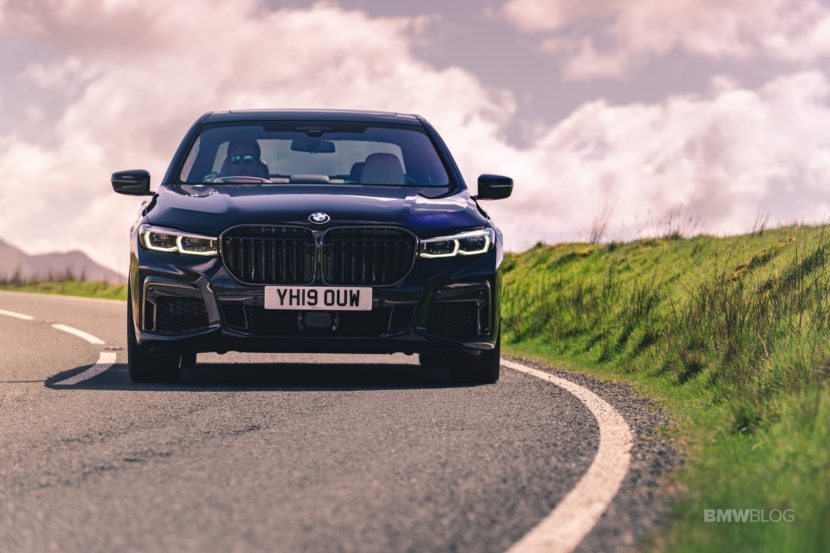
The future G70/G71 7 Series is scheduled for world premiere in 2022, most likely during summer as in the case of the G11/G12 and F01/F02 generations. The new luxury flagship of BMW will feature a host of state-of-the-art powertrain technologies.
The G70/G71 will be sitting on enhanced version of the current Cluster Architecture (CLAR), with more specific lightweight measures to be taken. As well, the future 7 Series will not be giving up the traditional ICE versions, but will surely offer an extensive array of plug-in hybrid and pure-electric variants.
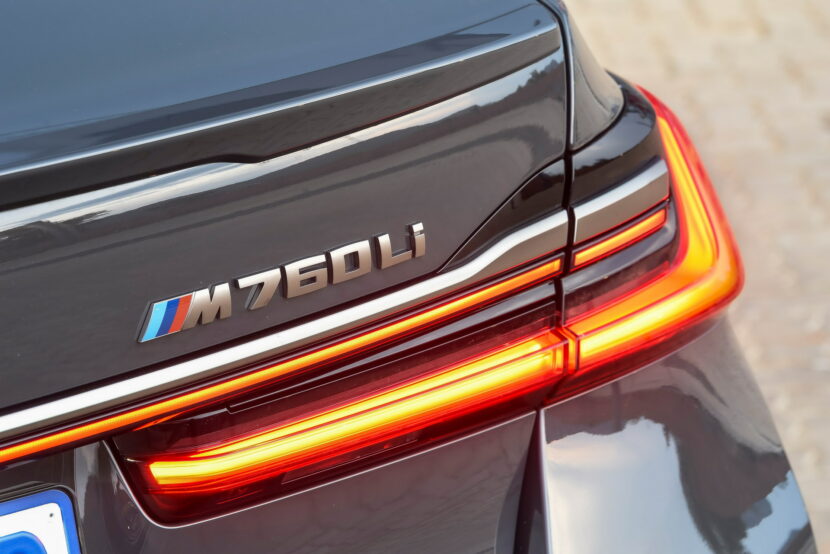
From what we know so far for sure, the current N74 6.6-liter V12 powerplant underpinning the M760i/M760Li range-toppers will be put to rest by 2023. The replacement for the high-end model will come in the form of a pure-electric 7 Series, the first of its kind in history, as it has recently been confirmed by BMW officials.
The new jewel in the 7 Series crown will probably feature a combination of the i7 name and the M60e badge. The drivetrain will developed at least 650 hp, with the high-voltage battery packing out over 100 kWh to ensure a range of at least 640 kilometers. The i7 M60 models will also feature a standard electric all-wheel-drive architecture.
Going down to the bottom of the lineup, it is said that the new entry-level 7 Series will be the 735d, probably featuring an extensively reworked version of the current B57 TwinPower Turbo engine to develop an increased output (possibly 286 PS / 282 hp). The 735d is rumored to be offered in RWD solely, even though the current 730d is also optionally available with xDrive.
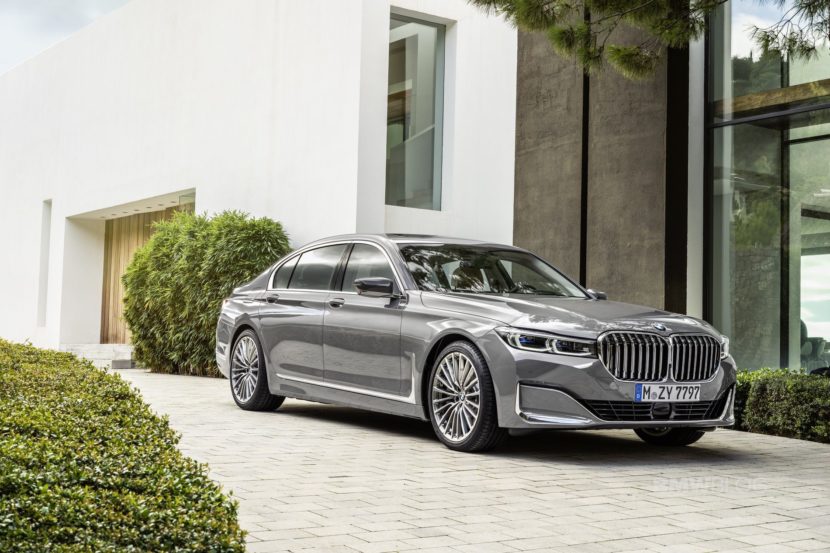
Next in line is the 740i petrol version powered by the 3.0-liter B58 6-cylinder unit, tipped to undergo some update measures and likely to boast an output increase as well from the current 340 PS / 335 hp.
If the 745e plug-in hybrid will become a fixture within the next 7 Series lineup, the greatest novelty is an additional electrified variant to replace the current 750i V8-powered choice: the M750e model (also featuring xDrive), which thus becomes the second M Performance offering for the G70/G71 in addition to the i7 M60 models.
Last, but not least, the i7 range will also comprise two extra variants down the line: the i740 coming with rear traction only and the i750 offered with standard electric AWD configuration.
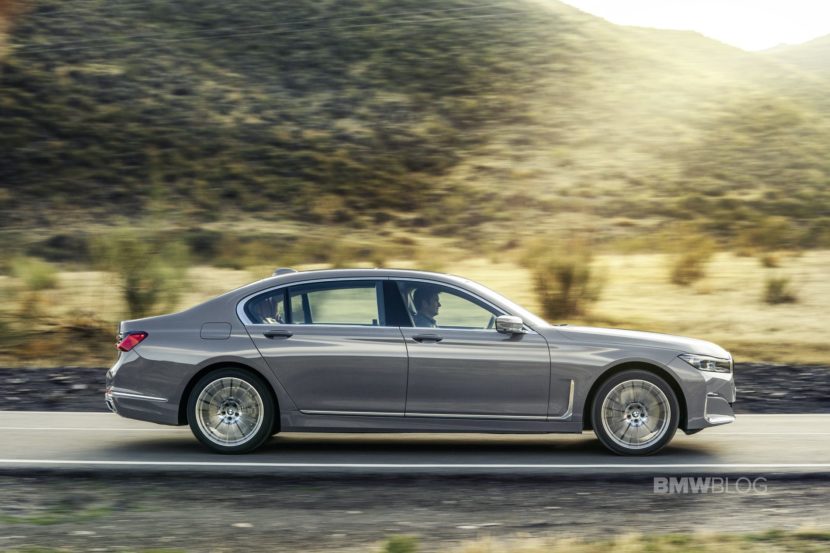
My two dents on the naming structure which we don’t know if it’s final: While i7 M60e sounds perfectly right, i740 and i750 are sort of a strange business. I would have instead for something like “i7 sDrive40e” instead of i740 and “i7 xDrive50e” for the i750.
Applying the same designation scheme as for the SAV/SAC models would have worked better. While they can hardly be confused with 740i and 750i, the choice of i740 and i750 badges looks like a last-minute, compromise solution.
In terms of design, we expect to see something bold from BMW. For now, without any test mules, we can only make a guess that BMW might prepare something very daring and forward-looking. The new BMW 7 Series is indeed expected to be a revolution in all aspects: exterior/interior design philosophy, powertrain, autonomous technology, digitalization.

So buckle up, the long, two-year journey to the next 7 Series is unfolding in front of us and many aspects will certainly change and surprise us as we approach the moment of the official reveal.
The article Future G70/G71 7 Series coming in 2022: What we know so far appeared first on BMW BLOG
